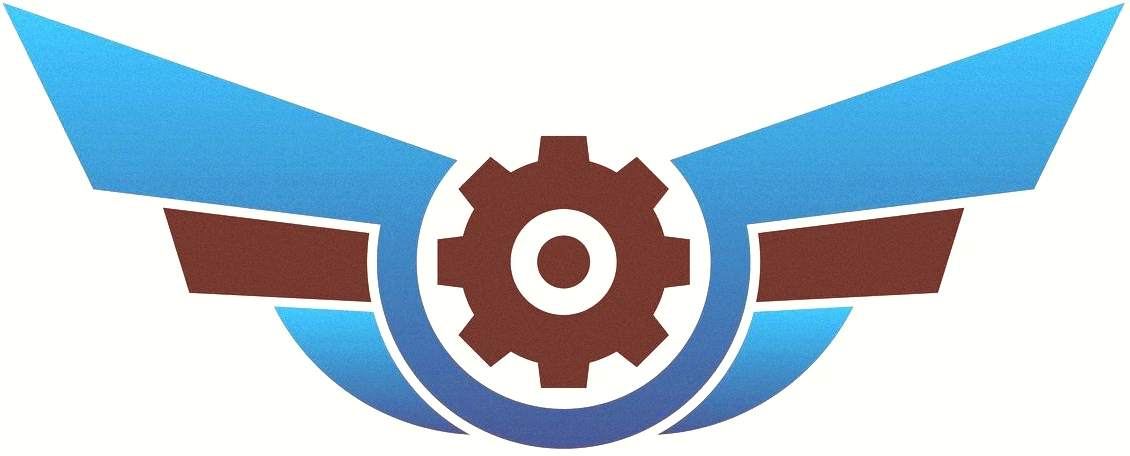Resources
Aviation Maintenance Technician Series PDFs
FAQs
What are the basic requirements to become an aircraft mechanic?
To become an aviation maintenance technician (AMT), you must be at least 18 years old, be able to read, write, and speak English, and either complete an FAA-approved training program or gain sufficient on-the-job experience to qualify for certification exams.
What’s the difference between the airframe and powerplant certifications?
The airframe certification covers the aircraft’s structure, while the powerplant certification focuses on engine systems. Holding both qualifies you as an A&P mechanic, which opens up more job opportunities in the aviation industry.
Is it better to go through an apprenticeship or attend an AMT school?
Both paths lead to certification, but AMT school is usually faster and more structured. An FAA-approved school can get you certified in as little as 12 months, compared to 30 months of on-the-job apprenticeship experience for full A&P eligibility.
How long does it take to become an aircraft mechanic?
Timeframes vary. An FAA-approved school can take 12–24 months depending on the program format, while apprenticeships require 18 months per certificate or 30 months for both airframe and powerplant experience.
What kind of training do I get in aircraft mechanic school?
Training includes classroom instruction and hands-on practice with aircraft systems, engines, electrical components, and safety procedures. You’ll also prepare for FAA written, oral, and practical exams.
Do I need an FCC license to work as an aircraft mechanic?
Not always. However, if your role includes maintaining or repairing aircraft radios or other communication systems, you may need a General Radiotelephone Operator License (GROL) from the FCC.
Can I specialize in avionics instead of general aircraft maintenance?
Yes. Some mechanics choose to specialize in avionics, which involves working on navigation, communication, and electronic systems. Many start as A&Ps and later move into avionics roles for greater flexibility.
Is math required in aviation maintenance?
Yes, but it’s mostly practical math. Aircraft mechanics use arithmetic, fractions, geometry, and trigonometry for tasks like calculating weight and balance or understanding angles and measurements.
Can a criminal record disqualify me from becoming an aircraft mechanic?
Certain criminal convictions, especially those involving aviation safety or security, can limit your ability to work in the industry. Each case is reviewed individually, and airport employers may also have stricter background checks.
What are the benefits of choosing an FAA-certified school?
FAA-certified schools meet strict training standards and prepare you for certification without requiring additional work experience. They also often offer job placement support and faster entry into the workforce.
